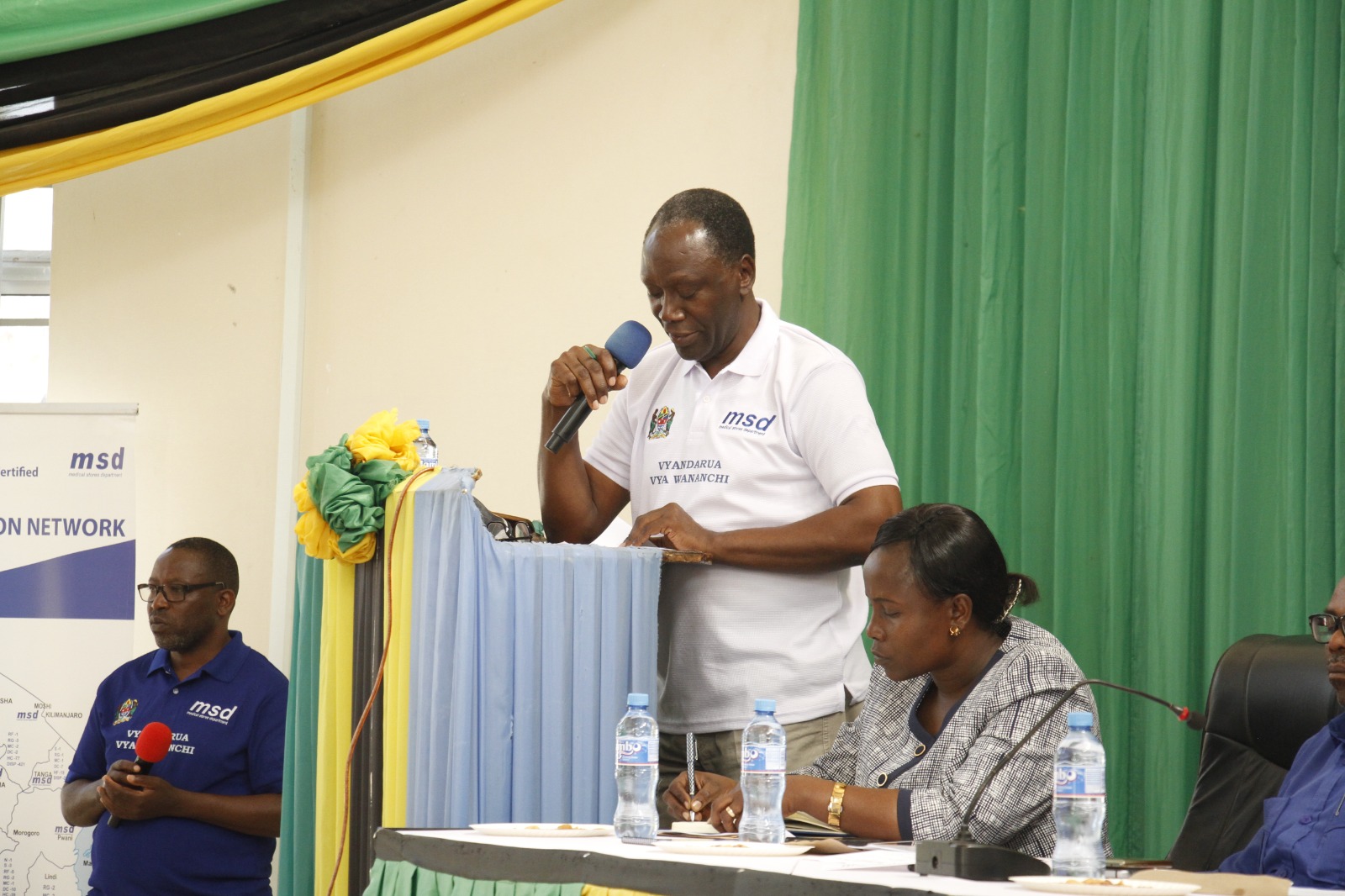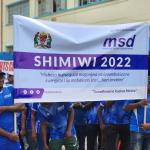MSD Launches Household Level Net Distribution Campaign - Tabora Region
Tabora Region has been named the first in the country to have a high rate of malaria infection, a situation that stems from the misconception that the use of medicated mosquito nets reduces male potency.
Statistics show that the malaria infection rate has increased from 11.7 percent in 2016/2017 to 23.4 percent in 2022 while the national malaria infection rate is 8.1 percent.
Due to this situation, the government through the Medicines Department (MSD) has set up camps in the region and distributed medicated mosquito nets.
Speaking yesterday, the Acting Regional Commissioner of Tabora Luis Bura, said the malaria situation in the region is bad where it leads in infections in the country.
“Studies show that the malaria infection rate for the year 2016/2017 for children aged six months to 5 years is 20 percent and in 2018 it has increased to 23 percent,” he said.
He explained that the national infection rate of the disease is 8.1 percent so the increase is equivalent to 11.7 percent, which is causing the region to lead.
He said that the situation is unacceptable so there must be a joint effort by the executives and the community to ensure that the infection decreases.
Bura stressed that the groups that are at risk will benefit from the nets including children under nine months and five years, pregnant women, students, seniors 60 years and people living with HIV.
He said that more than 300,000 households out of 400,000 households that will be given the nets which is more than 1.8 million.
And the Acting Manager of MSD Tabora Adonizedeck Tefurukwa, thanked the leadership of President Dr. Samia Suluhu Hassan for continuing to improve health services in the country and assured the people of Tabora that every beneficiary of the nets will be reached.
He said that in the distribution they have organized properly and have enough teams to reach each area and to achieve this step, they have rented two additional warehouses in the Nzega and Igunga areas.
“In the distribution we have received more than 1.8 million mosquito nets which will be distributed in 2,673 centers equivalent to more than 400,000 households,” he said.
For his part, the Regional Chief Medical Officer Dr. Honoratha Rutatinisibwa, said that these figures are due to the fact that the people of the region have a misconception that the use of medicated mosquito nets reduces male potency.
Also, there is unsatisfactory environmental sanitation, the council's failure to allocate a budget for the purchase of insecticides, the public's lack of awareness of testing and the region's failure to be included in the national plan for spraying insecticides
"Not to mention the increase in mosquito breeding grounds resulting from agriculture, the geography of the region having many areas with stagnant water bodies and the lack of stakeholders providing assistance for interventions to combat the disease," he said.






